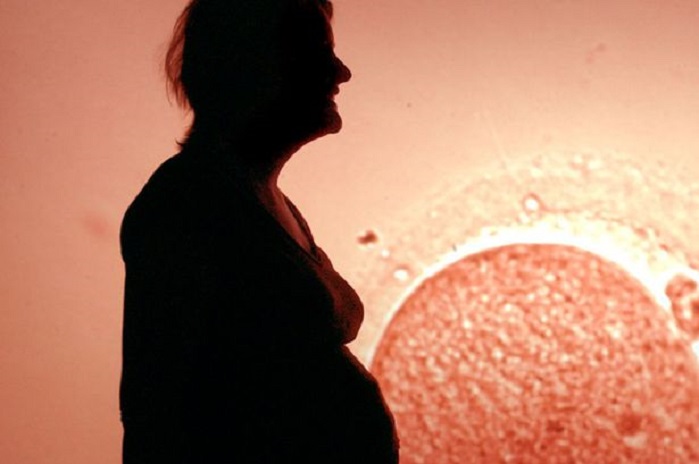Surrogacy has created huge new dilemmas for women and children across the globe, issues often intertwined with abortion, abuse and the commoditization of human life.
Russian lawmakers currently are considering whether to ban the practice altogether.
News Deeply reports Russian Senator Anton Belyakov recently proposed a bill to outlaw commercial surrogacy. Comparing it to sex work, he said surrogacy is an “immoral” practice that “brings harm to both mother and the child.”
Here’s more from the report:
Belyakov’s ban would not only shut down the commercial surrogacy industry, it would also prevent surrogate mothers from carrying babies for friends or relatives out of altruism. Commercial surrogacy is currently legal in most U.S. states, South Africa and post-Soviet countries such as Ukraine, Georgia and Kazakhstan.
Commercial surrogacy has existed in Russia since 2011. There is no official data on the extent of the practice, but Vladislav Melnikov, director of one of the largest Russian surrogacy clinics, the European Centre for Surrogacy, says there were 2,000 children born in Russia to surrogate mothers in 2016. He says there are around 100 centers for surrogacy in Russia, with 40 of them in Moscow alone.
Russian couples who hire surrogates pay $34,000, on average; while surrogate mothers typically receive about $14,000, according to the report.
Here’s more:
Konstantin Svitnev, head of the Center for Reproductive Law and Ethics, says surrogate mothers sometimes try to get additional fees by blackmailing the biological parents.
According to Russian law, the child, which the surrogate mother is carrying, should not receive the any genetic material from the surrogate mother. “She can provide the childless couples with her body for the period of pregnancy, but not with the actual egg. Nevertheless, the law states that when she gives birth to the child, the surrogate mother has a priority right to register the child as her own, and no separate contract can take that right away from her,” Svitnev explains.
Others have compared surrogacy to the buying and selling of human organs, which is illegal in most countries.
SUPPORT LIFENEWS! If you like this pro-life article, please help LifeNews.com with a donation!
Surrogacy has become a troubling issue in the United States as well, where there are few regulations to protect unborn babies or mothers. LifeNews has reported several stories of surrogates being pressured to abort the unborn babies who they were carrying.
One of the most well-known cases involved California surrogate Melissa Cook who took her case to court after the biological father of the triplets who she was carrying tried to pressure her to abort one or two of them. Cook sued the triplets’ biological father, Chester Moore Jr., after he demanded that she abort one or two of them and then refused to pay her when she did not. Cook sought custody of the triplets, who were born in February 2016, but she also challenged California’s liberal surrogacy laws.
Michael Caspino, one of Cook’s lawyers, previously explained that her case challenged the huge problems with California’s surrogacy laws.
“The only people with rights under the California statute are the people who write the checks to get the babies,” Caspino said. “Nobody else matters. That is wrong. That needs to be fixed.”
However, the U.S. Supreme Court decided not to hear her case earlier this fall.
Harold Cassidy, who also represented Cook, said the California law treats children “as if they were products to be bought and sold.”
Many pro-lifers are concerned about surrogacy for exactly this reason. Surrogacy, like abortion, treats unborn babies as products to be obtained or destroyed at will rather than human beings who deserve to be protected and valued.








